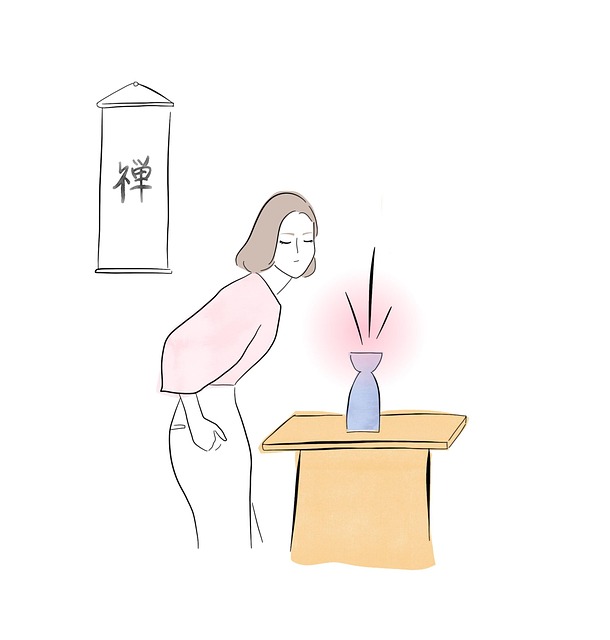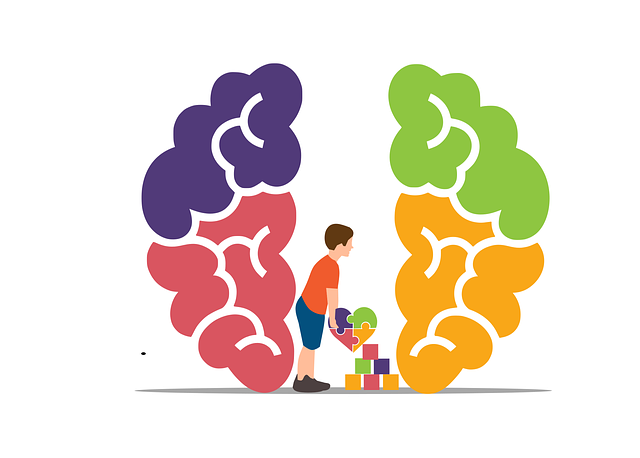Burnout among healthcare providers is a pressing issue exacerbated by heavy workloads, long hours, and emotional demands. Recognizing and addressing burnout involves identifying signs like exhaustion, cynicism, and ineffectiveness. Organizations can mitigate burnout through stress management workshops teaching coping mechanisms and resilience. Parker Parenting Skills Therapy offers a unique approach, focusing on emotional intelligence, communication, and self-care to reduce stress, enhance job satisfaction, and improve work-life balance for healthcare professionals. By integrating these skills, providers can prevent burnout, offer holistic care, and foster a supportive work environment that benefits both staff and patients.
In the demanding landscape of healthcare, provider burnout is a pressing issue. This comprehensive guide explores evidence-based strategies to combat exhaustion and foster resilience. We delve into understanding burnout’s intricate causes and signs, emphasizing the significance of recognizing early indicators. Leveraging the Parker Approach for a supportive work environment, integrating mindfulness and therapy, and adopting effective communication techniques are key. Additionally, we uncover the power of Parker Parenting Skills in nurturing well-being at home, offering a holistic approach to burnout prevention.
- Understanding Burnout: Recognizing the Signs and Causes
- Creating a Supportive Work Environment: Parker's Approach
- Parenting Skills for Resilience: Nurturing Well-being at Home
- Effective Communication and Boundaries: Strategies for Providers
- Integrating Therapy and Mindfulness: A Holistic Burnout Prevention Plan
Understanding Burnout: Recognizing the Signs and Causes

Burnout among healthcare providers is a growing concern, affecting not only individual well-being but also patient care quality. Understanding burnout involves recognizing its signs and causes. Symptoms can range from physical exhaustion, cynicism towards work, to feelings of detachment or ineffectiveness. Healthcare professionals may exhibit these signs due to heavy workloads, long working hours, and emotional demands inherent in their roles.
One significant cause is often a lack of support systems, such as inadequate Trauma Support Services or insufficient Stress Reduction Methods within the organization. Additionally, healthcare providers might benefit from Stress Management Workshops that teach effective coping mechanisms and enhance resilience. Incorporating Parker Parenting Skills Therapy can also aid in managing stress by providing tools for better communication and emotional regulation, both personally and professionally.
Creating a Supportive Work Environment: Parker's Approach

Creating a supportive work environment is a cornerstone of burnout prevention strategies for healthcare providers, and Parker Parenting Skills Therapy offers a unique approach to achieve this. This therapeutic model focuses on fostering a culture of care and connection within medical settings. By encouraging open communication, empathy, and mutual respect among staff members, Parker’s methodology aims to reduce stress levels and enhance job satisfaction. Healthcare professionals are equipped with tools to manage work-life balance, handle conflicts constructively, and build resilience against burnout.
Implementing Parker Parenting Skills Therapy involves regular workshops and training sessions that promote self-esteem improvement and emotional intelligence. These initiatives create a positive feedback loop where staff members feel valued, supported, and empowered. Such an environment not only contributes to the well-being of healthcare providers but also translates into improved patient care. In the context of burnout prevention strategies for healthcare providers, fostering a supportive work climate is a proactive step towards ensuring professionals can thrive in their roles while maintaining high-quality patient outcomes.
Parenting Skills for Resilience: Nurturing Well-being at Home

In today’s demanding healthcare landscape, burnout prevention strategies are vital to ensure the well-being and resilience of providers. One often overlooked aspect is the role of parenting skills in fostering resilience both within the clinical setting and at home. The Parker Parenting Skills Therapy approach offers a unique perspective by teaching healthcare providers effective techniques to nurture their own mental health while enhancing their ability to support patients’ emotional well-being. By integrating these skills, professionals can create a healthier work-life balance, reducing the risk of burnout.
This therapy focuses on building resilience through understanding and managing emotions, setting boundaries, and cultivating mindfulness. These parenting skills are not just beneficial for personal growth but also play a crucial role in trauma support services and mental illness stigma reduction efforts. By adopting these practices, healthcare providers can offer more holistic care, ensuring they are equipped to handle the challenges of their profession while maintaining their own emotional resilience.
Effective Communication and Boundaries: Strategies for Providers

Healthcare providers often juggle heavy workloads and demanding patients, which can lead to burnout if not managed effectively. One critical aspect of preventing burnout is cultivating strong communication skills and setting clear boundaries. This involves learning to say ‘no’ when necessary, prioritizing self-care, and ensuring patient interactions remain professional.
By adopting techniques like those taught in Parker Parenting Skills Therapy, providers can enhance their emotional intelligence and empathy building strategies. Public Awareness Campaigns Development can play a role in promoting self-awareness exercises among healthcare professionals, encouraging them to recognize signs of burnout early on. Effective communication also means setting boundaries with colleagues and patients, managing expectations, and maintaining a healthy work-life balance. This proactive approach not only benefits individual providers but also contributes to a more supportive and sustainable healthcare environment.
Integrating Therapy and Mindfulness: A Holistic Burnout Prevention Plan

In today’s fast-paced healthcare landscape, burnout among providers is a pressing concern. Integrating therapy and mindfulness practices offers a holistic approach to address this issue. Parker Parenting Skills Therapy, for instance, equips professionals with effective communication and emotional regulation strategies, fostering healthier interactions with patients and reducing stress. By incorporating these skills, healthcare workers can navigate challenging situations more constructively, enhancing job satisfaction and overall well-being.
The Mind Over Matter Principles emphasize the power of mental attitude and self-care. Compassion Cultivation Practices, a key component of this philosophy, encourages professionals to cultivate empathy and kindness towards themselves and others. Regularly incorporating stress management techniques, such as meditation or deep breathing exercises, can help healthcare providers maintain resilience in the face of demanding work environments. These practices collectively contribute to creating a more sustainable and fulfilling career in medicine.
Preventing burnout among healthcare providers is a multifaceted approach that combines understanding, support, resilience-building, communication, and holistic practices. By implementing strategies discussed, from recognizing signs and creating supportive environments to integrating therapy and mindfulness, we can foster a culture of well-being. Parker’s Approach emphasizes the power of parenting skills in nurturing resilience, while effective communication and boundaries ensure providers feel valued and supported. Ultimately, a holistic burnout prevention plan that incorporates these elements will lead to happier, healthier, and more effective healthcare professionals.














